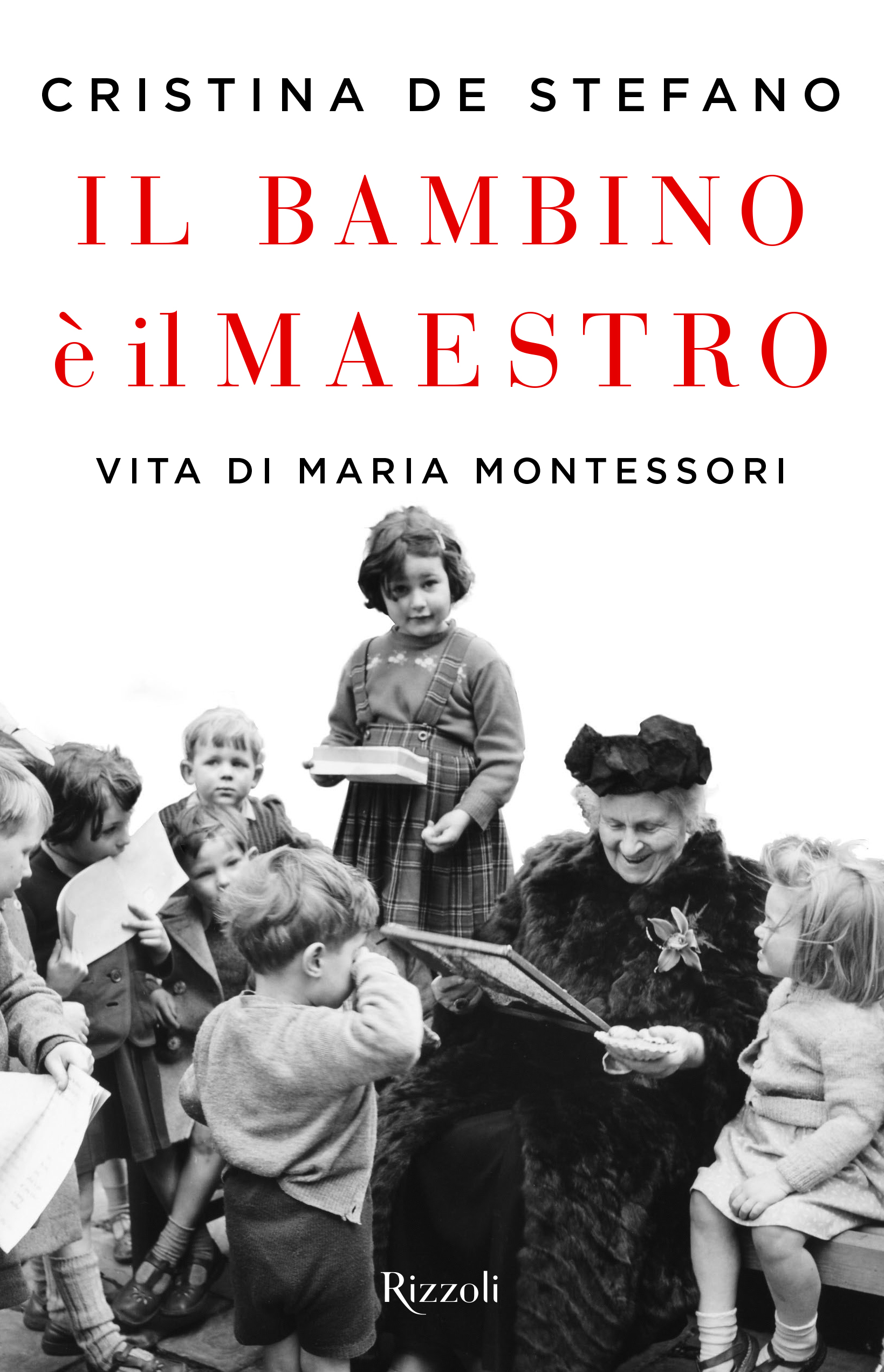Author:
Cristina De Stefano
Publishing house:
Rizzoli
Date of publication:
09-06-2020
Who was Maria Montessori really? Linked to his name is the method that revolutionized pedagogy by putting the child at the center of the educational process and respecting the child’s self and the times with which it is built.
A revolution that could only be accomplished by a woman capable of countercultural decisions at every moment of her existence. His life has been much celebrated, but there was still a lack of a portrait that tried to delineate, without bias or discount, his very strong personality. Cristina De Stefano, through direct testimony and unpublished correspondence, shows us a surprising and little-known Montessori. A student struggling against the educational institution, a medical graduate when a woman in college was a rarity, as a young woman she divided her time between feminist activism, social volunteering and working on the ward. Then one day, faced with children abandoned in asylums because they were too difficult for school, he has the intuition that the way of looking at the intelligence of the little ones needs to be rethought from the ground up. Her pedagogical method, applied at first in a small school in Rome’s poorest neighborhood, made the rounds of the world in just a few years and turned her into a celebrity. Since then Maria Montessori has dedicated her entire life to the mission of changing the world. Scientist who illuminates everything with a spiritual light, great experimenter who believes in intuition, idealist yet careful to register her material with international patents, idolized by her followers and attacked by critics. To some, she is a prophetess of a new idea of humanity. For others a despot and an opportunist in politics. Maria Montessori is, like all geniuses, a difficult character. But no one will ever be able to deny his strength of character, absolute emancipation for his times, and almost mediumistic vision ability.

